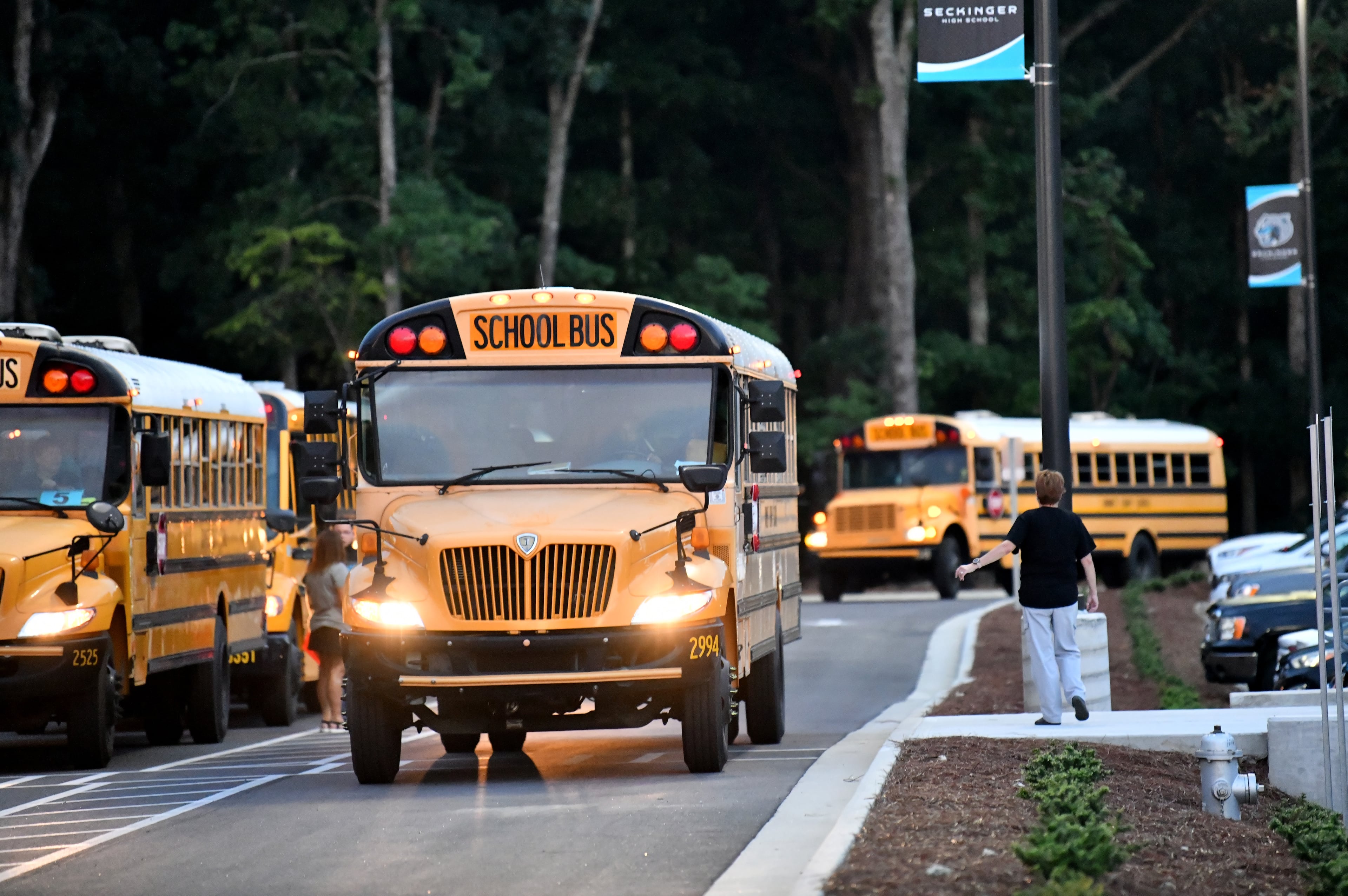Private K-12 “scholarships” bill is back in Georgia Legislature

Legislation that would allow the state to pay for private school tuition resurfaced Wednesday after an earlier defeat.
With some amendments that would cut the cost, the education “scholarship” bill narrowly passed the Senate Education and Youth Committee and could get a second try at passage on the Senate floor.
In an outcome that surprised many public school advocates earlier this month, the Georgia Senate sided with them and narrowly rejected Senate Bill 173. The legislation sought to establish state-funded accounts through which parents could redirect the $5,500 on average in state money now going to their child's public school. The money could have gone to a private schools instead, or to other educational costs, including textbooks, tutoring or even therapy.
Critics labeled it a “voucher” bill and rejoiced at its defeat at the hands of Democrats, with the help of a handful of Republicans, including the highest-ranking senator, Butch Miller of Gainesville.
The cost, ultimately as much as half a billion dollars a year, worried some lawmakers.
On Wednesday, the lead sponsor of SB 173, Sen. Greg Dolezal, R-Cumming, got the language from his bill tacked onto an unrelated education measure that had already passed the House. (House Bill 68 by Rep. John Carson, R-Marietta, restricts the types of organizations that can collect and distribute tax credit funding for private school scholarships.)
Dolezal pared back his proposal in a way that would reduce the cost, by cutting total participation in half, capping it at 2.5 percent of statewide enrollment. He said at the hearing that the new language would restrict access to certain types of students, such as the learning disabled or victims of bullying. Previously, vulnerable populations were prioritized but the program was open to any public school student.
But the legalese in the new version is so complicated that committee member Elena Parent, D-Atlanta, a lawyer, said it’s unclear whether it really is restricted to certain populations.
There were a flurry of amendments and amendments to amendments during the hearing. The legislation no longer allows parents to spend unused money on college scholarships, which was previously a point of contention. And the threshold for one of those vulnerable categories to participate, income, was reduced to 150 percent of the federal poverty level, down from 200 percent in the bill that was killed by the Senate.
Both would presumably lower the cost, but it’s unclear whether that will be enough to sway the GOP-led Senate on a second go-around.
Sen. Lindsey Tippins, R-Marietta, was among the small group of Republican defectors on the Senate floor, and he was the lone GOP “no” vote Wednesday, when the bill exited the committee 5-4.
He said that because it doesn’t require the same tests in private schools that are mandated in public schools, parents and taxpayers won’t know whether tuition subsidies are well-spent. And he said the financial accountability was lacking, making this bill “very very deficient.”
But proponents said the best accountability is parents, who can decide whether the services they are getting with the state’s money are worth it. Sen. Matt Brass, R-Newnan, said Georgia needs to experiment: “When you look at where we are ranked, we do need to try something different.”



